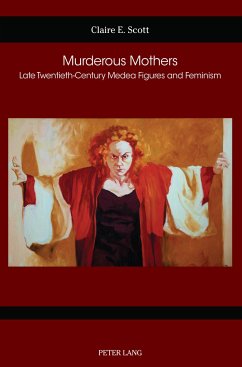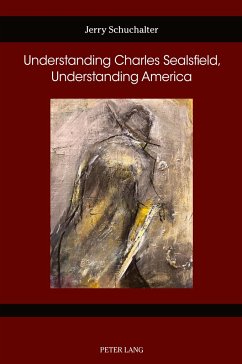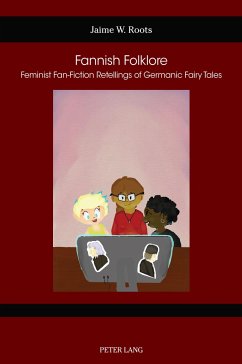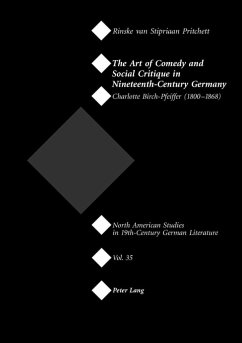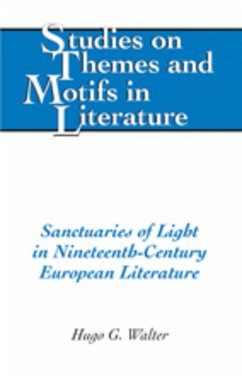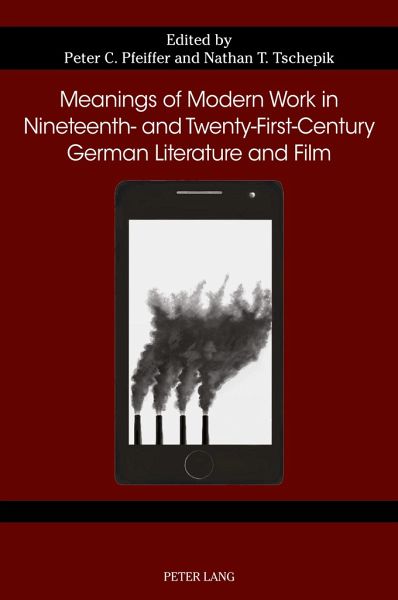
Meanings of Modern Work in Nineteenth- and Twenty-First-Century German Literature and Film
Versandkostenfrei!
Versandfertig in 6-10 Tagen
55,05 €
inkl. MwSt.
Weitere Ausgaben:

PAYBACK Punkte
0 °P sammeln!
The essays in this volume explore how the humanities can contribute to an understanding of a fundamental aspect of human life: work. This volume explores how German literature has grappled with understanding work in times of disruptive change brought about by industrialization, rapid technological advances, and globalization. It adds a cross-disciplinary perspective by including contributions from the field of film studies, on the cinematic treatment of work, and from philosophy, on the normative questions posed by changing work environments.





